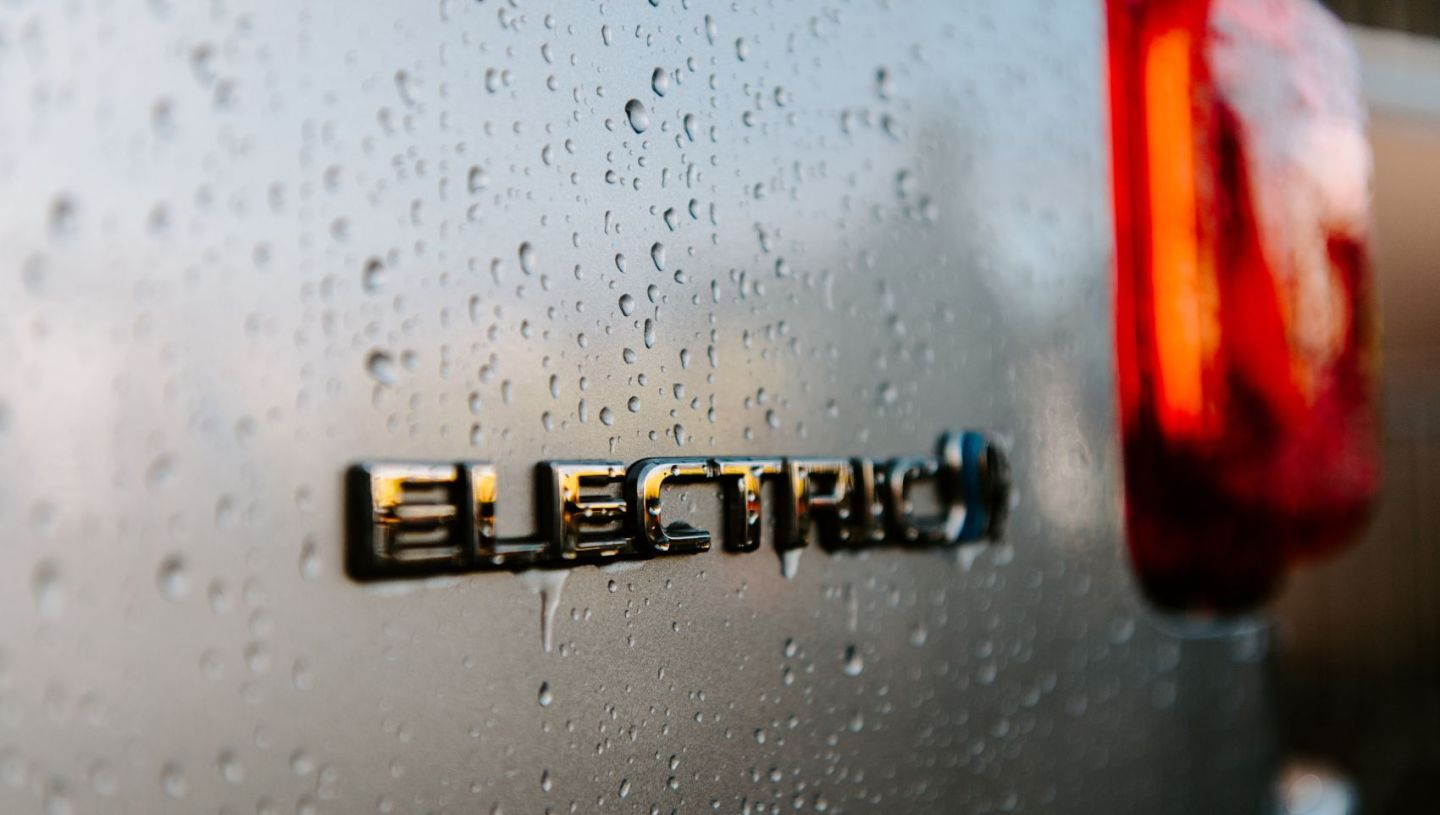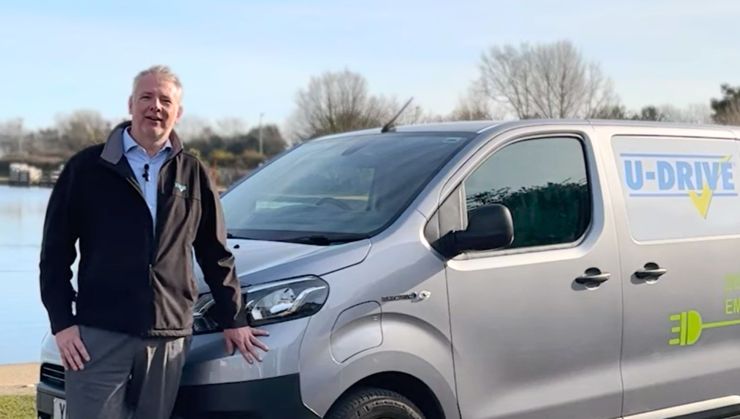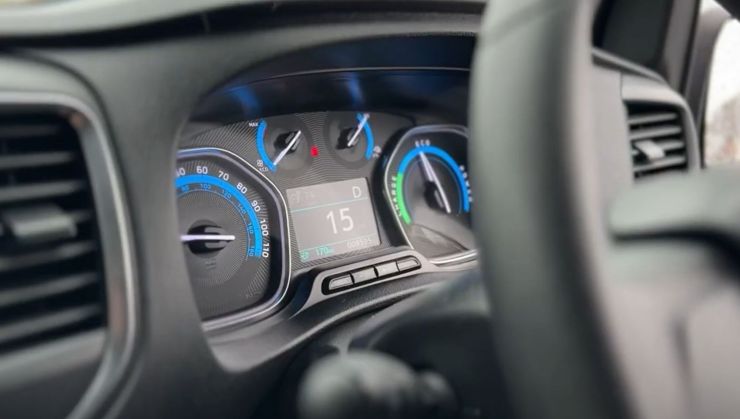Last Updated: 20th March 2025
Jump To
- What Affects EV Charging Speed?
- Electric Vehicle Charger Types
- AC Vs DC Charging: What's The Difference
- Understand The Changing Curve And State Of Charge
- How Long Does It Take To Charge An EV?
- How To Calculate EV Charging Time
What Affects EV Charging Speed?
Several factors impact how long it takes to charge an electric vehicle, including:
- Battery size – Measured in kilowatt-hours (kWh). Larger batteries take longer to charge.
- Charging power – Measured in kilowatts (kW). Higher kW = faster charging.
- Charger type – AC chargers are slower, while DC chargers are faster.
- State of Charge (SoC) – Charging slows after 80% to protect battery health.
- Vehicle’s maximum charge rate – Some EVs can handle ultra-rapid charging, while others can’t.
Tip: To help you get the most range, changing your driving habits can have a big impact. Read our blog to understand how you can maximise the range of your EV.
Electric Vehicle Charger Types
Typically, EV chargers can be split into four categories based on their power output (measured in kW), with charging speed increasing as the power output rises:
- Slow charging (3-7kW) – Common for home chargers and workplace stations.
- Fast charging (7-25kW) – Typically found at public chargers.
- Rapid charging (50-150kW) – Found at motorway service stations and major charging hubs.
- Ultra-Rapid charging (150-350kW) – Available at high-speed charging hubs.
Where to charge? Most home chargers offer around 7kW, while public chargers can range from 22kW to 350kW, offering a range of charging times.
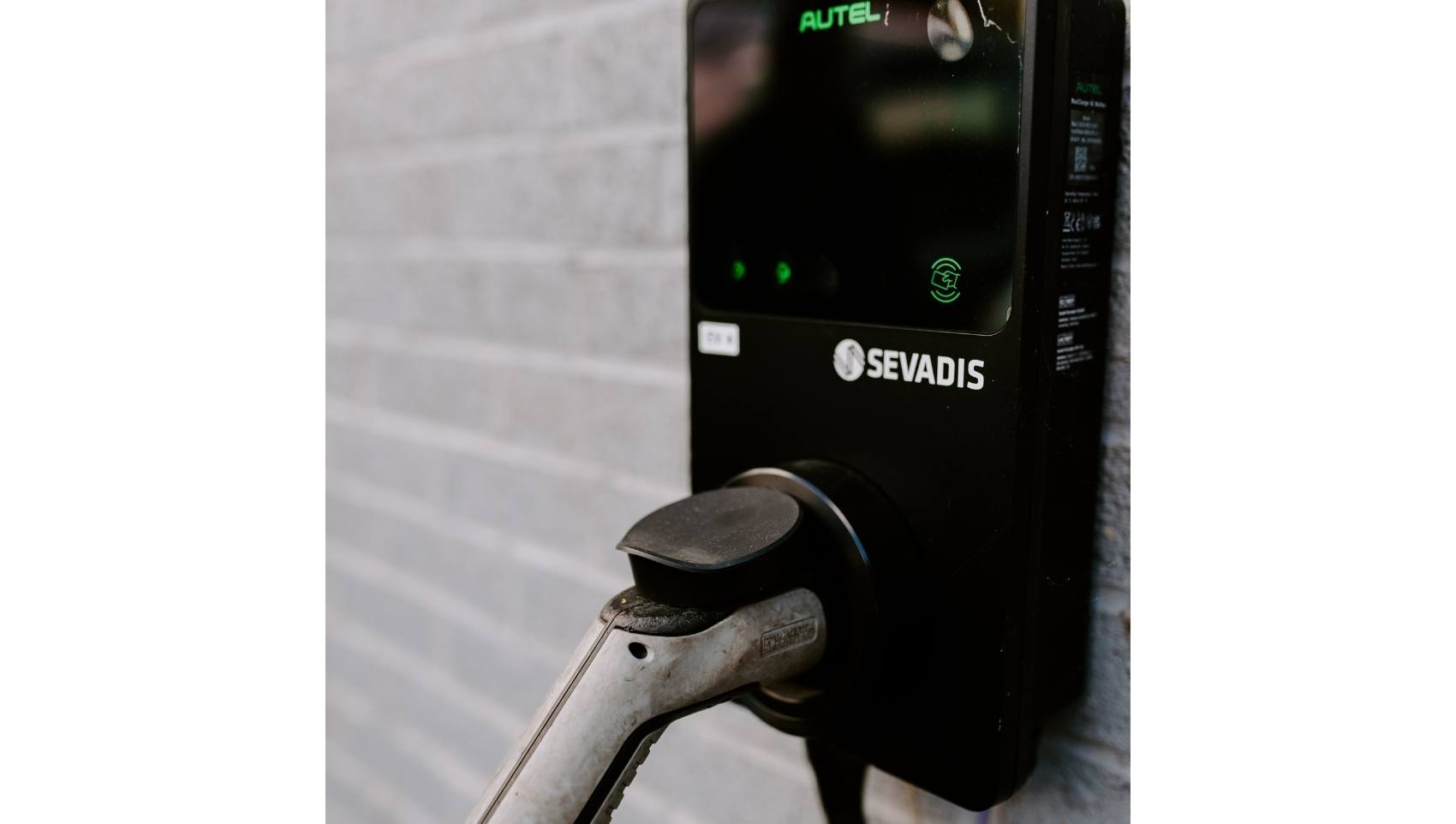
AC vs DC Charging: What's The Difference
AC Charging (Slower) – Used at home & public stations
- Converts AC power into DC inside the car, making it slower.
- Typically cheaper to install, but takes longer to charge.
Tip: To preserve the health of your battery, it's recommended to use AC charging for daily or overnight charging.
DC Charging (Faster) – Used at rapid & ultra-rapid stations
- Converts power before reaching the car, charging directly.
- More efficient, offering quicker charge times compared to AC.
Tip: Use DC charging for quick boosts when needed, but avoid frequent use to maintain battery health.
| AC Connectors (Slow & Fast charging) | DC Connectors (Rapid & Ultra-Rapid charging) |
| UK 3-pin plug | CHAdeMO (Japanese standard) |
| Type 1 & Type 2 | CCS (Combined Charging System) |
| 7-22kW workplace & public chargers | Tesla Superchargers |
If you've never charged an EV before, check out our blog on how to charge an EV.
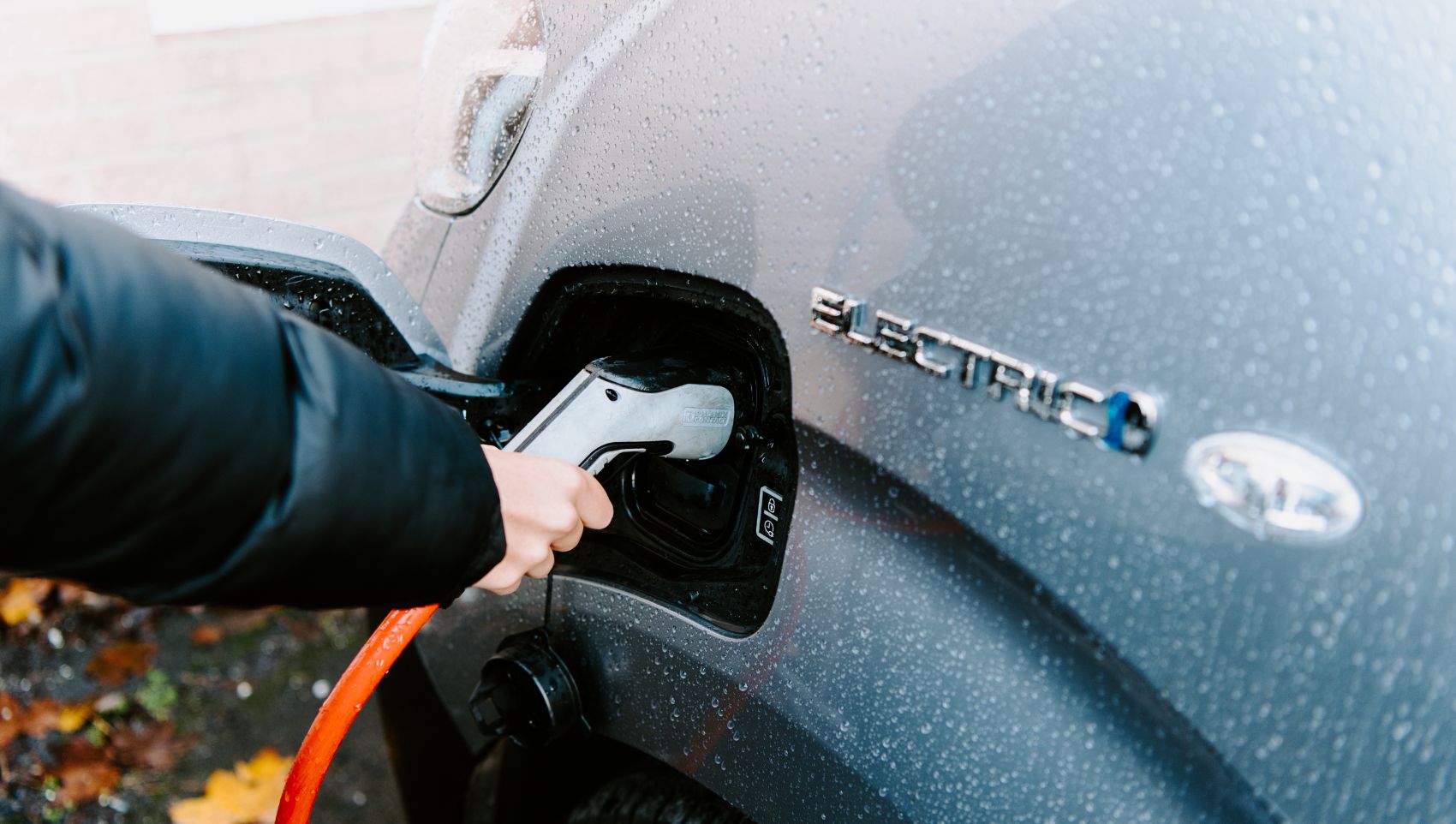
Understand The Changing Curve And State Of Charge
When you charge your EV, the charging process isn’t linear. The charging curve means that the charging rate changes depending on how full your battery is. Typically, EVs charge fastest between 20% and 80%, after which the charging speed slows down to protect the battery's health.
This slowdown is built into the charging process to avoid excessive heat build-up and extend the lifespan of your battery. That’s why it’s often recommended to charge up to 80% for daily driving and only go above that when necessary for longer trips.
The state of charge (SoC) is simply the current charge level of your battery, shown as a percentage. For instance, if your SoC is 50%, your battery is half-full, and 100% means it’s fully charged. Understanding the SoC is key to managing when and how often you need to charge.
How Long Does It Take To Charge An EV?
The charging curve means EVs charge fastest from 20% to 80%, then slow down to protect battery health. These are estimated times and can vary depending on factors like charger type, vehicle model, and battery health. That’s why it’s best to charge up to 80%, then top up later if needed.
| Charger Type | Typical Charge Time |
| 2.3kW (Home Socket) | 24+ hours |
| 7kW (Home Wallbox/Public Fast Charger) | 6-10 hours |
| 22kW (Fast Public Charger) | 2-4 hours |
| 50kW (Rapid Charger) | 30-60 minutes (20-80%) |
| 150kW+ (Ultra-Rapid Charger) | 10-30 minutes (20-80%) |
How To Calculate EV Charging Time
To estimate EV charge time, use this simple formula:
Charge Time (hours) = Battery Size (kWh) ÷ Charger Power (kW)
Example: 68kWh battery on different chargers:
- 2.3kW home charger → 68kWh ÷ 2.3kW = 30 hours
- 7kW home charger → 68kWh ÷ 7kW = 10 hours
- 22kW fast charger → 68kWh ÷ 22kW = 3 hours
- 50kW rapid charger → (68kWh × 0.6) ÷ 50kW × 60 = 50 minutes
- 150kW ultra-rapid charger → (68kWh × 0.6) ÷ 135kW × 60 = 18 minutes
Note: Even if you plug into a higher-rated charger, your EV will only draw power up to its limit. If you have an EV with a 68kWh battery and you plug it into a 150kW ultra-rapid charger, your EV will still charge at its maximum rate (often much lower than 150kW), as the vehicle can only accept a certain amount of power based on its design. The 150kW charger won’t push 150kW into the battery; instead, it will charge the vehicle at a rate that the battery can handle, such as 50kW or 75kW, depending on the specific model and battery capacity.
Charging your EV might seem complicated at first, but understanding the types of chargers, charging speeds, and factors that affect your charging experience can make all the difference. Whether you’re charging at home or on the go, the key is knowing what works best for your driving habits and the health of your battery. Remember, regular use of slower AC charging is great for daily top-ups, while rapid DC chargers are perfect for those times when you need a quick boost on the road.
By considering the charging curve, using the right charger for your needs, and taking care of your battery, you can enjoy the convenience of EV ownership without worrying about long charging times. Happy driving, and always plan your charging based on your journey!
For more details on the costs associated with running and charging an EV, check out our blog, how much does it cost to run and charge an EV?
Looking To Transition Your Fleet To EV?
Are you looking to transition your fleet to EV but don't know where to start, or need some guidance throughout the process? Our EV Consultancy service can support you at every step, from a free consultation offering advice on all things EV, to analysing your current fleet usage, site surveys and even tailor-made training for you and your team to help your business transition to EV seamlessly.
